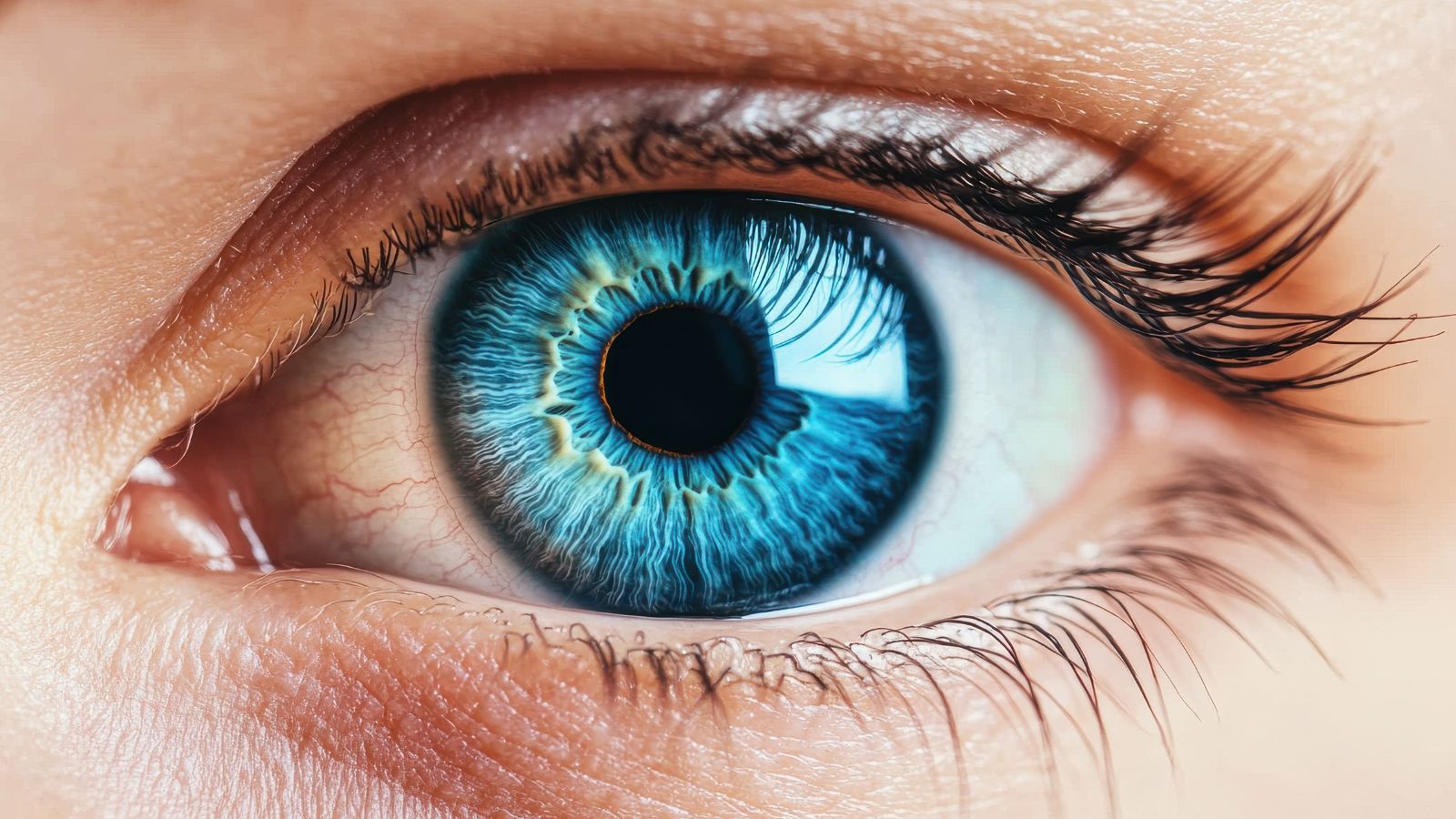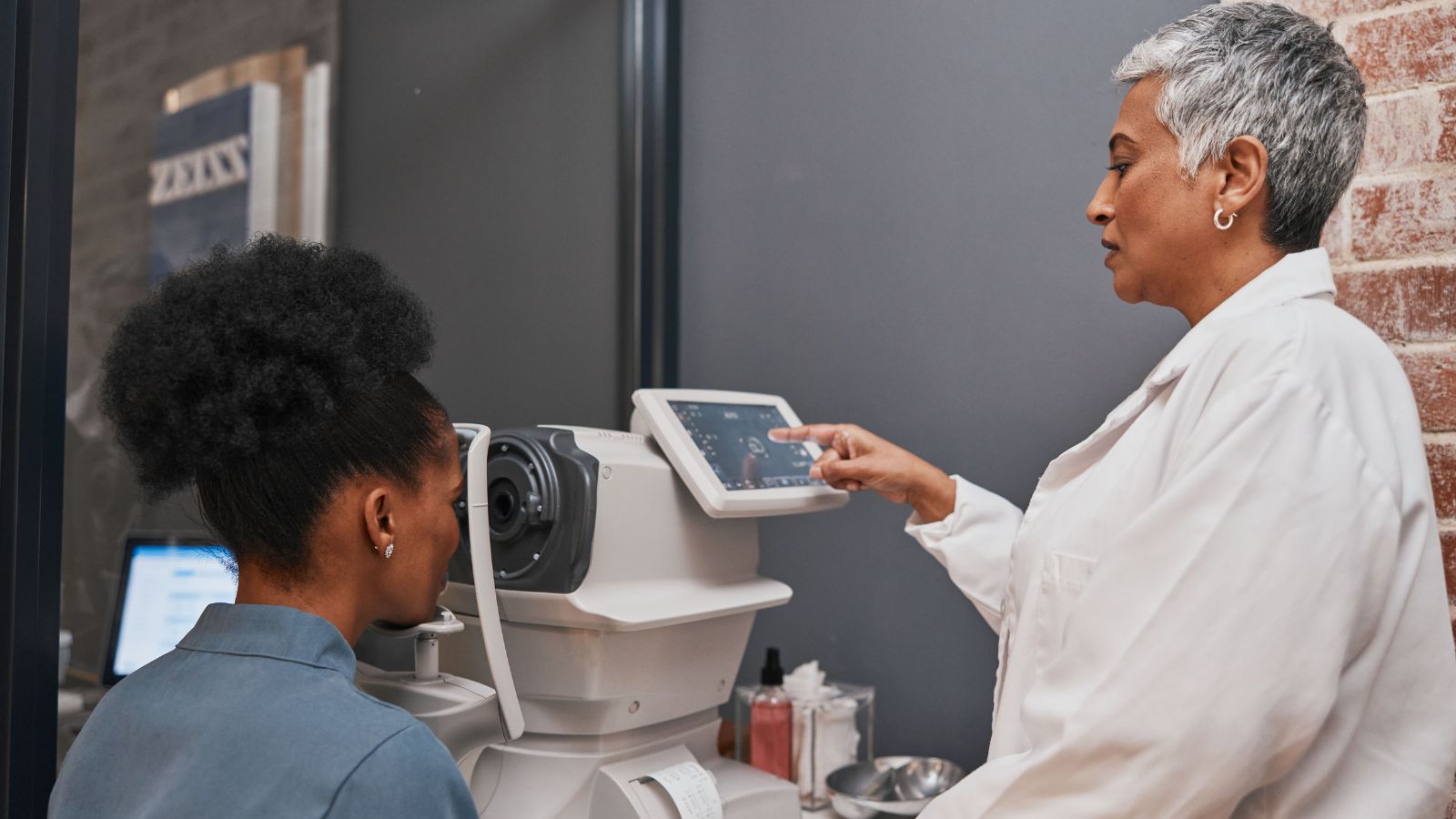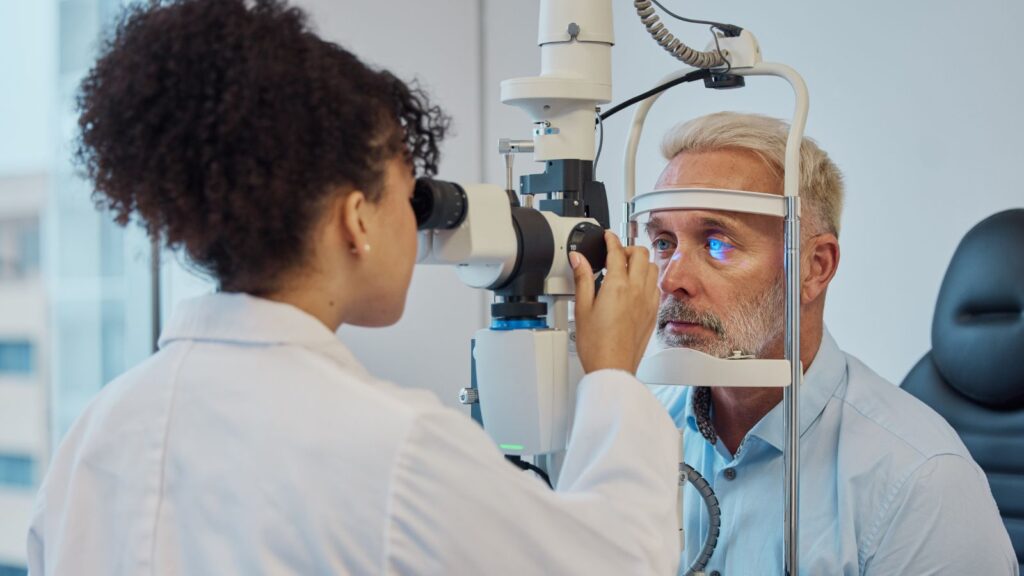Nowadays, gadget users’ eyes are constantly exposed to screens, environmental factors, and lifestyle habits that can strain human vision. Maintaining sound eye health requires a conscious effort, especially as we spend more time on digital devices and face age-related vision changes. This blog explains how you can protect your eyes and ensure healthy vision for years to come.
Keep reading to learn more!
The Importance Of Regular Eye Exams
To maintain good eye health, it’s important to schedule regular eye exams. Visiting an eye doctor in Singapore or your local area can help detect early warning signs of diseases. Moreover, a comprehensive eye exam allows your eye care professional to assess your eye pressure, check for refractive errors, and evaluate your peripheral vision.
Annual exams are even more crucial for people with a family history of eye disease or chronic conditions like diabetes. Diabetic eye disease and macular degeneration can cause vision loss if they aren’t treated. A dilated eye exam can reveal issues with your blood vessels and central vision, helping your doctor identify problems before they worsen.
In modern eye care, imaging plays a crucial role in detecting and monitoring conditions like glaucoma, macular degeneration, and diabetic retinopathy. To manage and interpret these images efficiently, many clinics use Picture Archiving and Communication Systems (PACS). PACS allows ophthalmologists to securely store, retrieve, and share imaging data, enabling faster diagnosis and better patient management. Cloud-based PACS platforms, such as Studycast, provide remote access to imaging studies, support collaboration among specialists, and streamline workflow in eye care clinics.
Protecting Your Eyes From Digital Strain
Prolonged staring at screens. Some people experience harm to the eyes, causing blurry vision, eye discomfort, and light sensitivity. To help ease the strain, try the 20-20-20 rule: every 20 minutes, take a quick 20-second break to focus on something that’s 20 feet away. Additionally, consider using blue-light-blocking glasses or an anti-glare screen to minimize exposure to blue lights, which can disrupt sleep and cause discomfort.
If you wear contact lenses, ensure they’re correctly fitted and take breaks to use artificial tears or special eye drops to combat dryness. Blinking frequently (aim for at least 15 blinks per minute) can also help maintain your tear supply and reduce irritation.

Nutrition For Healthy Vision
A well-rounded diet can help keep your eyes healthy and lower the chances of eye problems. Here are some eye-friendly foods to include in your daily meals:
- Leafy greens: Spinach, kale, romaine lettuce, and turnip greens contain lutein and zeaxanthin, which help guard against macular degeneration.
- Fatty fish: Salmon, mackerel, and sardines are excellent sources of omega-3 fatty acids, which support blood flow and reduce the risk of dry eye disease.
- Citrus fruits: Oranges, lemons, and grapefruits are packed with Vitamin C and ascorbic acid, which fight free radicals that harm the eyes.
- Colorful vegetables: Brightly colored vegetables, such as sweet potatoes, carrots, and bell peppers, are packed with vitamin A and beta-carotene, nutrients crucial for maintaining night vision and supporting overall eye health.
- Nuts and seeds: If you love to snack on nuts, you’re doing your eyes a favor! Get your Vitamin E and omega-3s from walnuts, almonds, chia seeds, and flaxseeds to combat age-related vision changes.
- Eggs: The yolk contains lutein, zeaxanthin, and zinc, which are vital for maintaining healthy vision.
- Berries: Your favorite berries aren’t just nature’s candy; they’re rich in antioxidants that protect your eyes from oxidative stress.
- Whole grains: Quinoa, brown rice, and oats help stabilize blood sugar, preventing sudden spikes and lowering the risk of developing diabetic retinopathy.
- Legumes: Legumes contain high levels of bioflavonoids and zinc, nutrients that play a key role in safeguarding the retina and supporting overall eye health.
- Green vegetables: Broccoli, Brussels sprouts, and peas are packed with nutrients that promote eye health benefits.
Consuming these food items regularly can provide your eyes with the vitamins and nutrients they need to remain in their optimal state and reduce the risk of vision loss. Pairing a diet rich in these nutrients with other healthy habits, like staying hydrated and avoiding excessive UV exposure, will help you maintain clear and healthy vision for years to come.
Lifestyle Habits For Better Eye Health
Maintaining a healthy weight and getting regular workouts can boost blood circulation and reduce the risk of chronic health conditions, which can also affect vision. If you have a history of glaucoma or other eye conditions, managing your blood pressure and blood sugar level is essential.
For outdoor activities, wear protective eyewear with built-in UV protection to shield your eyes from UV-A and UV-B radiation. Prolonged UV exposure increases the risk of cataracts and other eye diseases. Similarly, when playing sports like ice hockey or engaging in tasks with airborne objects, use safety glasses, sports goggles, or eye guards to prevent eye injury.

Recognizing Warning Signs And Seeking Help
Be mindful of symptoms like flashes of light, double vision, or blurred vision, as these could indicate serious eye issues. Suppose you experience persistent eye strain, blurry distance vision, or sensitivity to light. Consult an eye care provider immediately. Early detection of conditions like cataracts, angle glaucoma, or diabetic retinopathy can prevent poor vision and the need for corrective surgery.
Conclusion
Maintaining sound eye health in the digital age requires regular eye consultations, a healthy diet, and protective measures. Your eyes are a vital part of your overall health, so every step counts toward preserving your vision and well-being.
